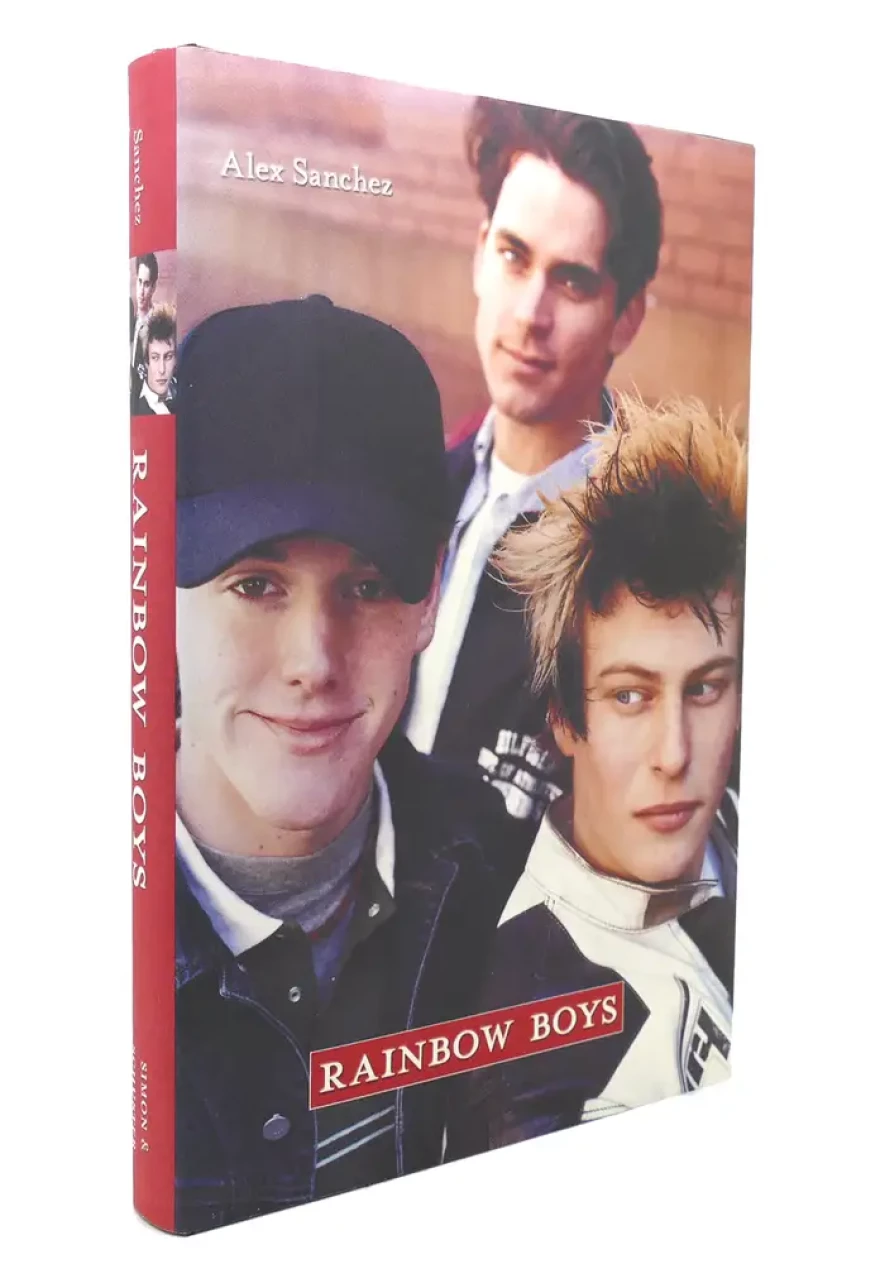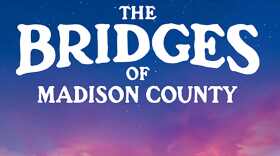The authors of some of the nearly 400 books removed from the libraries of Collier County public schools have made their feelings known about the banning.

The book removals were done in compliance with Florida House Bill 1069, which suspends any materials that contain “sexual content” in Florida public schools. Literary legends like Stephen King, Ernest Hemingway, and Toni Morrison have books of theirs as casualties of the bill.
For most authors, it’s a matter of censorship, and removing access to important themes. Alex Sanchez, author of “Rainbow Boys,” a story about a love triangle between three teen boys, worries that his book being taken off shelves will hurt LGBTQ+ representation.
"These people who are… banning books are well aware of the power of books… to allow queer kids to see themselves in print, to validate them," Sanchez said.
While sexual content may be present in the books, sex is rarely the main fixture of a given work. In a document provided by Collier County Public Schools, each removed title has a cited reason. Most justifications include a small number of scenes that involve sex.
Melissa Marr, author of “Ink Exchange,” tells the aftermath of a rape survivor’s assault, though the act is not depicted in the story. Marr is concerned that the book’s suspension will remove a resource for young survivors.
"We are not about the things that have been done to us, we're about how we handle them," Marr said. "And that particular message is what readers respond to."

The recent uptick in book banning has sparked discussion about the role of books and their ability to teach. Authors can illustrate themes and lessons through their storytelling. Those against book banning believe that taking books off of shelves suppresses that function.
Rita Williams-Garcia, author of “Every Time a Rainbow Dies,” explores the complicated themes of grief, trauma, and isolation. She believes fiction is a powerful tool to enrich readers.
" And any time that you can get a young reader… to try to understand something that is complex, then you've done more to add to their critical thinking," Williams-Garcia said.
This story was produced by Democracy Watch, a news service provided by Florida Gulf Coast University journalism students. The reporter, Emma Rodriguez, can be reached at ebrodriguez3478@eagle.fgcu.edu. WGCU is your trusted source for news and information in Southwest Florida. We are a nonprofit public service, and your support is more critical than ever. Keep public media strong and donate now. Thank you.




